
In the fast-paced world of academia, it’s not uncommon for students to embrace the adrenaline rush of last-minute assignments and deadlines. However, when it comes to the intricate and collaborative world of filmmaking, such a haphazard approach can spell disaster.
I’ve previously talked about how my students inspire me to become better at my craft. Though I’ve also been on the other end of the stick, as a college professor I’ve had the opportunity to observe the pitfalls of procrastination in the creative process. In this blog post, we’ll explore the importance of planning, the virtue of patience, and the perils of leaving everything for the last minute in the context of filmmaking.
1. Filmmaking and the Power of Planning
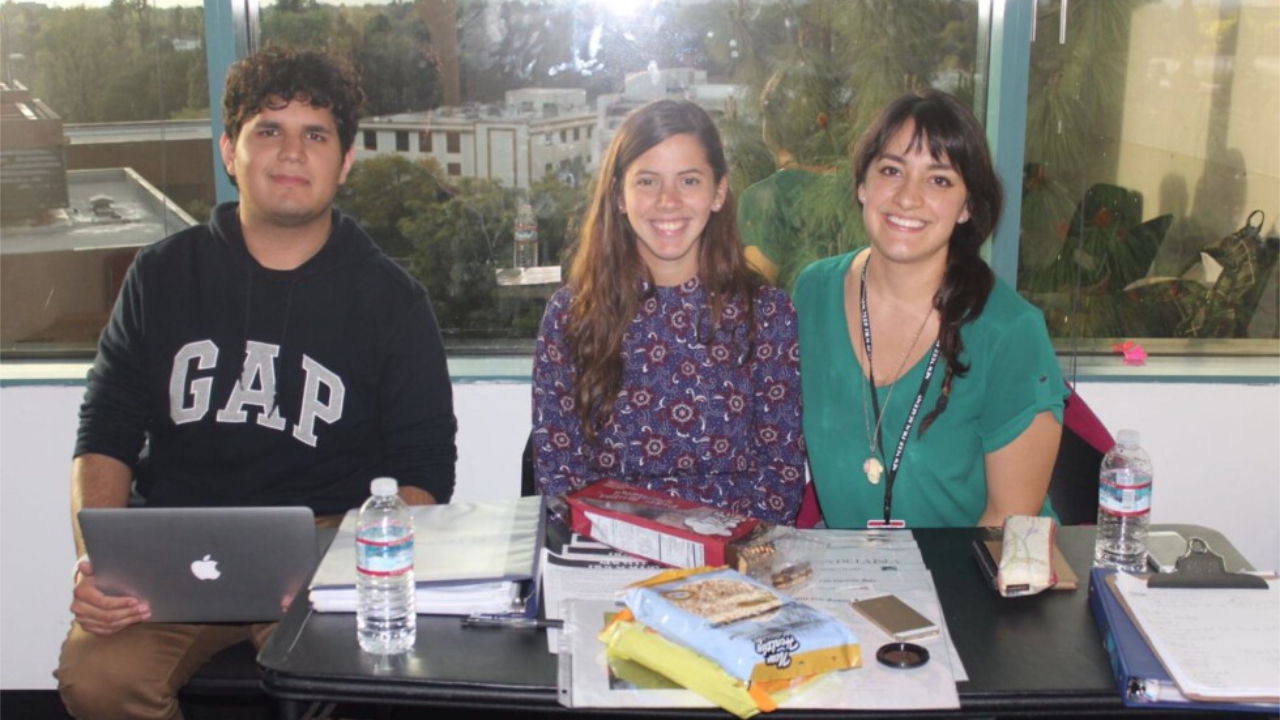
Filmmaking is a complex, multi-faceted endeavor that requires meticulous planning. From script development and casting to scouting locations and scheduling shoots, every step contributes to the final product. Unlike a hastily written essay or a cram session before an exam, a film cannot be successfully pieced together in a rushed manner. Planning allows filmmakers to foresee challenges, allocate resources efficiently, and ensure a smooth workflow from pre-production to post-production.
Script Development:
Ever dreamed of bringing your stories to life on the big screen? Well, here’s a secret – it all starts with a script! Screenwriting is the backbone of any great film, and the earlier you dive into it, the better. Why wait? Here are a few reasons why starting your scriptwriting journey early can make a world of difference:
- Cultivate Your Imagination: Scriptwriting is the ultimate canvas for your imagination. Whether it’s a thrilling adventure, a heartwarming drama, or a mind-bending sci-fi, your ideas can come to life through the power of words.
- Develop Your Unique Voice: Every writer has a unique voice, a style that sets them apart. The more you write, the more you refine your voice. Starting early gives you the time to experiment, find your style, and let your personality shine through your scripts.
- Learn the Craft: Scriptwriting is a skill that improves with practice. Starting early allows you to learn the ins and outs of formatting, storytelling, and character development. It’s like honing a craft – the more you do it, the better you become.
- Build a Portfolio: Imagine entering film school or applying for a writing gig armed with a portfolio of scripts you’ve written since high school! Starting early gives you a head start on building a collection of work that showcases your growth and commitment to the craft.
- Collaborate and Network: Filmmaking is a collaborative art. Starting your scriptwriting journey early means you have more time to collaborate with fellow students, filmmakers, and enthusiasts. Build connections, share ideas, and learn from others who share your passion.
- Be a Trailblazer: Why follow the crowd when you can lead? Starting early puts you on the path to being a trailblazer in your field. Who knows, your script might be the next big thing!
So, grab a pen, open your laptop, or use your favorite writing app, and let those creative ideas flow. And hey, if you’re thinking about getting deeper into screenwriting, I highly recommend checking out ‘Save the Cat’ by Blake Snyder. It’s a great companion for your writing journey. The world is eager to hear your unique voice, so why not kick off your storytelling adventure today?
Pre-Production:
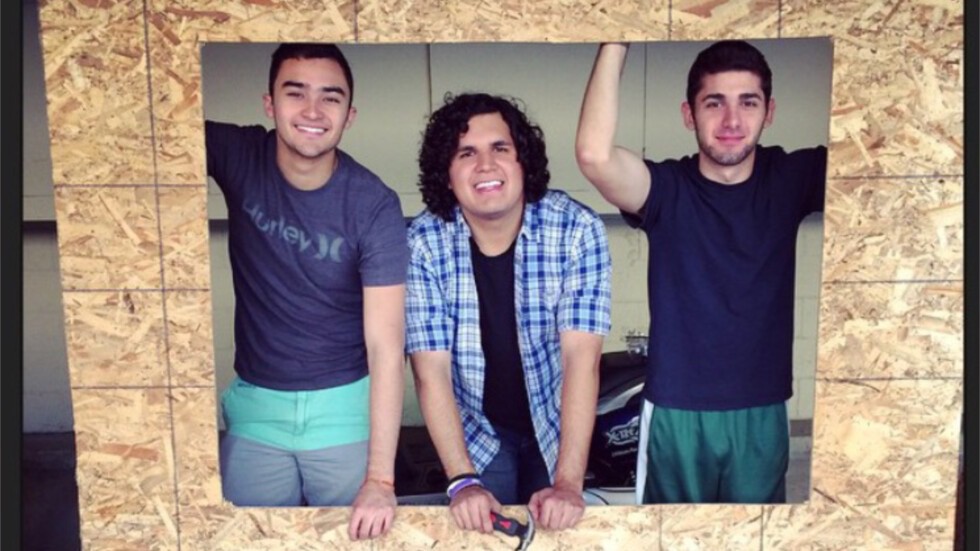
Thorough pre-production planning is a crucial phase in filmmaking that significantly influences the success of a project. Let’s delve into the significance of pre-production, including aspects like storyboarding, shot lists, and the creation of a detailed shooting schedule.
- Clarity and Vision:
Storyboarding: Visualizing your script through storyboarding helps in creating a clear vision for the film. It allows you to plan the composition of each shot, ensuring that the director’s vision is communicated effectively to the entire team. - Efficiency and Resource Management:
Shot Lists: Creating shot lists breaks down the script into individual shots, making the shooting process more efficient. It helps in optimizing resources, ensuring that you capture all necessary footage while avoiding unnecessary takes. - Time and Budget Management:
Shooting Schedule: A detailed shooting schedule is like a roadmap for the entire production. It allocates time efficiently, preventing unnecessary delays and ensuring that the project stays within budget. Time is money in the film industry, and an organized schedule is key to a successful production. - Communication and Collaboration:
Storyboarding and Shot Lists: These tools serve as a visual and concrete way to communicate ideas among the team. They facilitate collaboration between the director, cinematographer, and other crew members, ensuring everyone is on the same page regarding the creative vision. - Problem Identification and Solutions:
Preventing Issues: Thorough pre-production planning allows for the identification of potential issues before they arise. Whether it’s a logistical challenge or a creative hurdle, addressing problems during pre-production helps in finding effective solutions without disrupting the flow of the shoot. - Quality Assurance:
Storyboarding and Shot Lists: Planning shots in advance ensures that each frame contributes to the overall storytelling and aesthetic. This level of detail enhances the quality of the final product, as the team can focus on capturing impactful and meaningful shots. - Flexibility:
Adapting to Changes: Despite meticulous planning, unforeseen circumstances can occur. However, a solid pre-production foundation provides the flexibility to adapt to changes without compromising the overall vision.
Building a strong foundation through thorough pre-production planning is key to the success of any film project. Tools like storyboarding, shot lists, and detailed shooting schedules play a crucial role in enhancing efficiency, creativity, and the overall quality of the final product. And if your goal is to step into the role of a film producer, I highly recommend checking out ‘Film Production Management 101’ by Deborah Patz. Investing time and effort in pre-production not only sets the stage but also paves the way for a smoother and more successful production process.
2. The Virtue of Patience
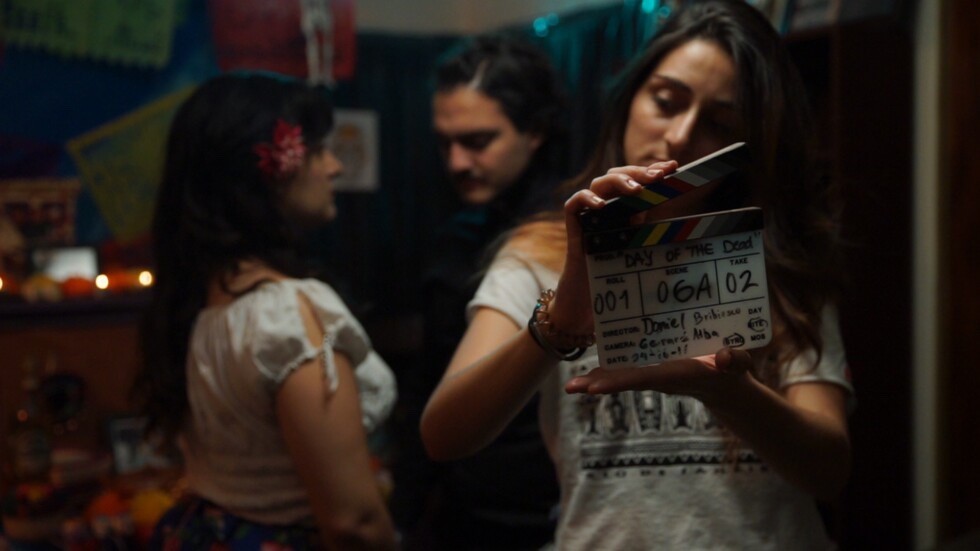
Filmmaking is an art that requires time and patience. Rushing through the process can compromise the quality of the final product and lead to missed opportunities for creative exploration. Patience allows filmmakers to experiment with different ideas, refine their vision, and collaborate effectively with their team. A well-thought-out film is a result of dedication and perseverance.
Creative Exploration:
See, the creative process is a journey, not a destination. So, here are a few things you should consider:
- Firstly, Embrace Curiosity:
I encourage you to be curious and open-minded. The creative journey is all about discovery, and trying out various approaches allows you to find unique perspectives and innovative ideas. - Dabble in Different Genres:
Why not try your hand at different film genres? From drama to comedy, horror to documentary – experimenting with various styles helps you figure out what you enjoy and where your strengths lie. - Collaborate and Learn:
Let’s talk collaboration. Working with peers from different creative backgrounds exposes you to new techniques and ideas, making our creative environment dynamic and full of possibilities. - Failures Are Learning Opportunities:
Remember, it’s okay to stumble. Every misstep is a learning opportunity, a chance to refine your approach and enhance your skills. Don’t see setbacks as failures, but as steps towards improvement. - Cross-Disciplinary Exploration:
Think about connections between filmmaking and other art forms like photography, music, or literature. Cross-disciplinary exploration can give you unique insights and inspire innovative storytelling techniques. - Personal Expression Matters:
Your journey in the creative process is personal. Infuse your experiences, perspectives, and passions into your work. Authenticity often leads to more compelling and impactful storytelling.
And now, let me share some inspiration from the world of filmmaking:
- Christopher Nolan:
He started with small independent films before making blockbusters like “Inception” and “The Dark Knight” trilogy. - Quentin Tarantino:
Tarantino worked in a video rental store before making a mark with “Reservoir Dogs,” showcasing his unique storytelling style. - Stanley Kubrick:
Known for his perfectionism, Kubrick took his time with each project, leaving an indelible mark on the industry. - Greta Gerwig:
Initially recognized for acting, Gerwig transitioned to directing with films like “Lady Bird” and “Little Women,” showcasing her unique voice over time. - David Fincher:
Starting with music videos and commercials, Fincher’s attention to detail is evident in films like “Fight Club” and “The Social Network.”
So, my fellow filmmakers, take your time. Learn, explore, and let your unique voice emerge. The creative journey is yours to shape, and each step you take adds to your story.
Collaboration:
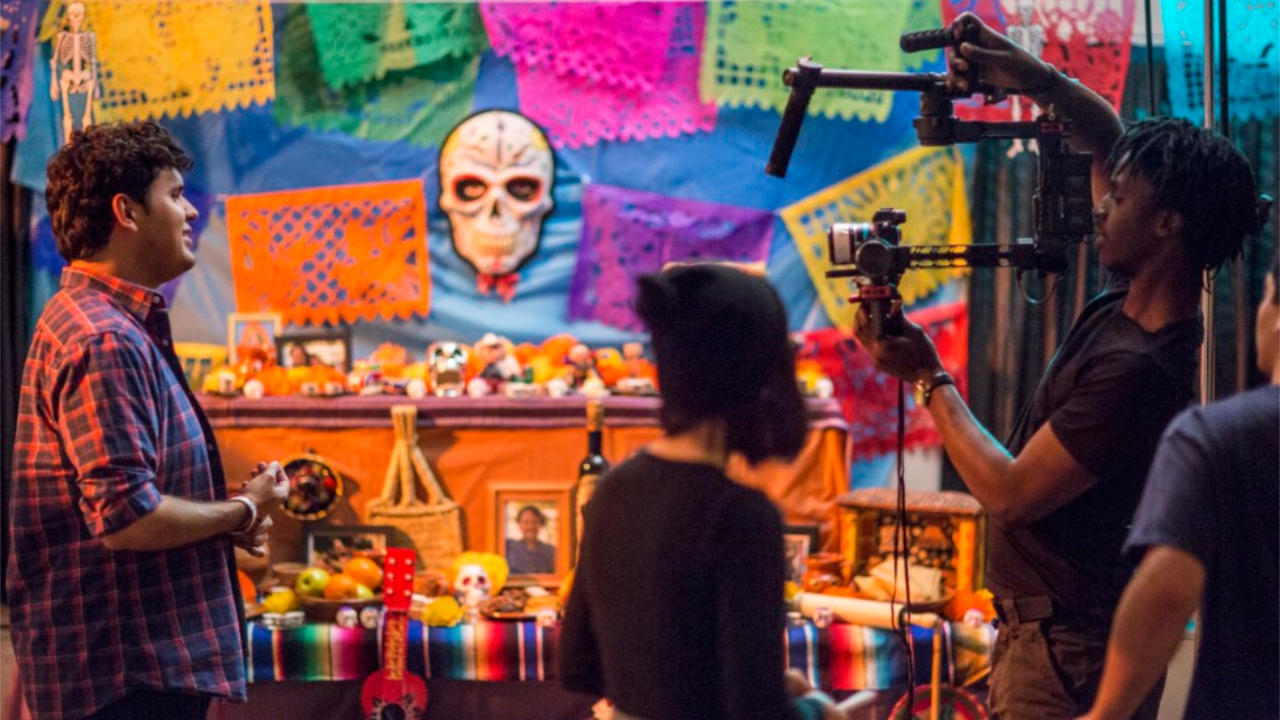
Now, let’s dive into the heart of successful filmmaking – effective communication and collaboration. It’s like the secret sauce that brings everything together. Here’s why it matters:
- Clear Communication is Key:
Imagine making a film without everyone being on the same page. Chaos, right? Clear communication ensures that everyone understands the vision, goals, and their role in the project. It’s the backbone of a well-functioning team. - Collaboration Makes Magic Happen:
Filmmaking is a team sport. The magic doesn’t happen because of one person; it’s the result of everyone working together seamlessly. When different talents collaborate, you get a richer, more nuanced final product. - Harnessing Unique Strengths:
Each team member brings unique strengths to the table. Effective collaboration allows us to tap into these strengths, whether it’s a brilliant scriptwriter, a visionary director, or a masterful cinematographer. Together, we’re stronger. - Problem-Solving On the Fly:
In the fast-paced world of filmmaking, things don’t always go as planned. Effective communication ensures that when challenges arise, we can adapt and find solutions together without missing a beat. - Patience: The Glue That Holds It All Together:
Now, let’s talk about patience. It’s not just a virtue; it’s the glue that holds our team together. Patience allows us to listen, understand, and appreciate different perspectives. It gives us the space to grow individually and collectively. - Fostering a Positive Environment:
Patience fosters positivity. In a patient environment, team members feel comfortable expressing ideas, even if they’re not fully formed. It encourages collaboration without the fear of judgment, leading to a more creative and innovative atmosphere. - Navigating Creative Differences:
Let’s face it; creative differences are inevitable. Patience helps us navigate these differences constructively. It allows for healthy discussions and ensures that every voice is heard, ultimately leading to a more refined and polished end product. - Celebrating Small Wins:
Filmmaking is a journey, and patience helps us celebrate the small victories along the way. It’s about acknowledging progress, no matter how incremental, and enjoying the process as much as the outcome.
So, as we venture into this creative process, let’s make sure our communication lines stay wide open, embrace collaboration, and hold onto patience as our secret weapon. Together, we’re not just in the process of making a film; we’re weaving something truly extraordinary. On the topic of creativity, I can’t recommend ‘Creativity, Inc.’ by Ed Catmull and Amy Wallace enough. It’s a manual for anyone craving originality in their creative pursuits.
3. Compromised Creativity
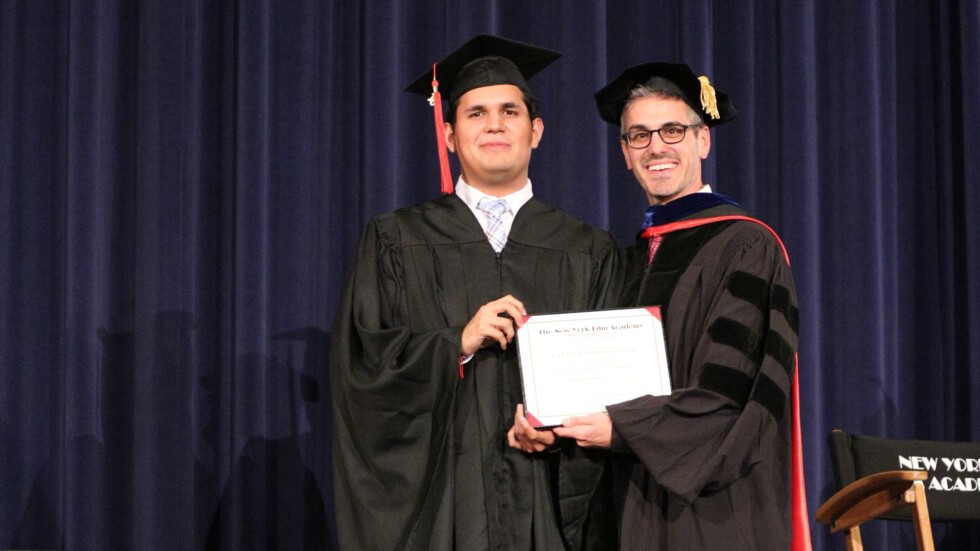
Procrastination can be a tempting adversary, especially in an environment where deadlines are omnipresent. However, in the realm of filmmaking, leaving everything for the last minute can lead to rushed decisions, compromised creativity, and increased stress for everyone involved.
Quality vs. Quantity
There’s a principle that’s often the difference between a good film and a great one – prioritizing quality over quantity. It’s not about how much we can produce; it’s about how impactful and memorable our work can be. Here’s why it matters:
- Crafting a Lasting Impression:
Think about your favorite films; chances are, they linger in your mind because of their quality, not their quantity. Each scene, each frame is carefully crafted to leave a lasting impression. That’s what we aim for – creating moments that resonate. - Audience Engagement:
Quality filmmaking engages the audience on a deeper level. Rushed, quantity-focused work may miss the nuances that captivate viewers. It’s about creating an immersive experience that the audience can’t look away from. - Attention to Detail:
Quality requires attention to detail. From scriptwriting to cinematography, every step in the filmmaking process contributes to the final product. Rushing through compromises this attention, leading to oversights that can impact the overall impact of the film. - Emotional Connection:
Great films evoke emotions, forge connections, and make the audience care about the characters and the story. Quality filmmaking ensures that each element, be it dialogue, acting, or cinematography, contributes to building that emotional connection. - Avoiding Mediocrity:
Quantity can sometimes lead to mediocrity. It’s not about how many films we can produce but about creating work that stands out in a crowded industry. Mediocre films might get lost in the shuffle, but exceptional films grab attention and leave a lasting legacy. - Reputation and Longevity:
Our reputation as filmmakers is built on the quality of our work. Rushed, subpar films may offer a quick output, but they can tarnish our reputation. Prioritizing quality builds a foundation for a long and successful career in the industry. - Audience Disappointment:
Audiences can quickly discern between a film crafted with care and one rushed to meet deadlines. Disappointment sets in when expectations aren’t met. Prioritizing quality ensures that we not only meet but exceed audience expectations. - Learning and Growth:
Quality-focused filmmaking is a continual learning process. It allows us to grow as artists, honing our skills with each project. Rushing through projects hinders this growth, limiting our potential as filmmakers.
Let’s remember that our goal isn’t to churn out films at record speed. It’s about creating cinematic experiences that resonate, provoke thought, and stand the test of time. Quality over quantity – it’s not just a mantra; it’s our commitment to excellence.
Stress and Burnout
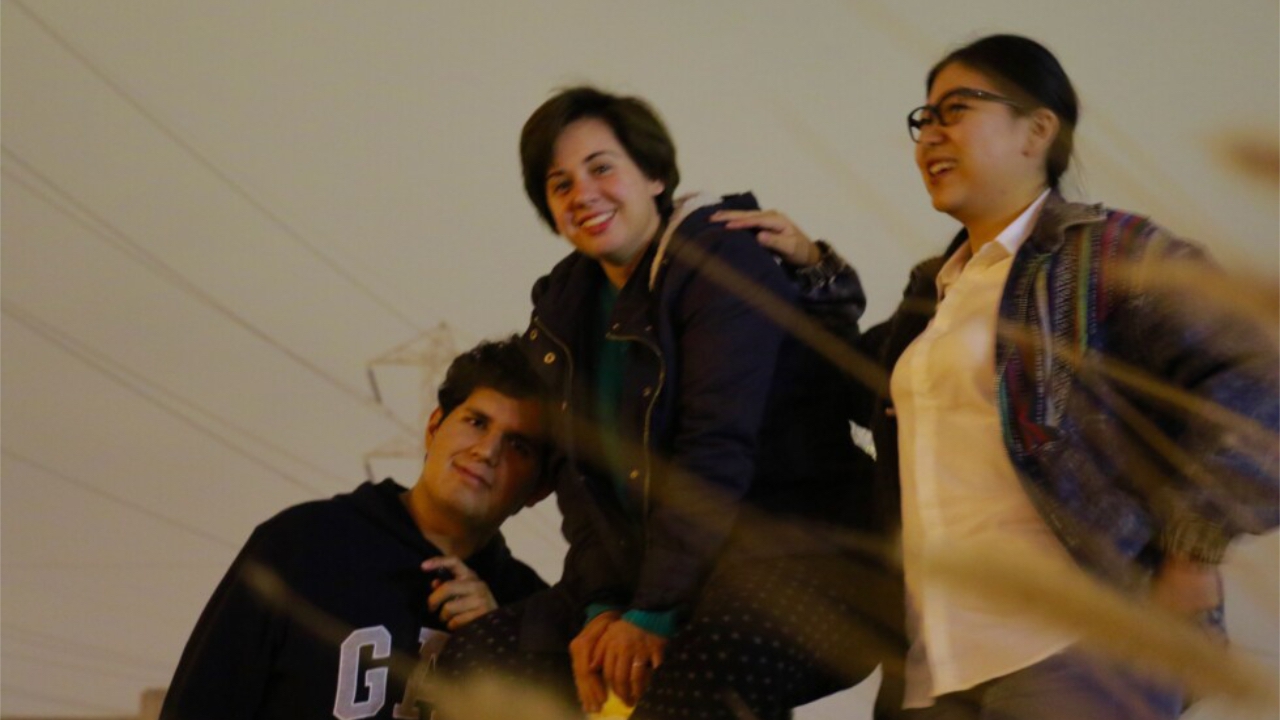
Last but not least, let’s talk about something that can sneak up on all of us – procrastination. In our world, time is of the essence, and delaying tasks can take a toll on our mental well-being. Here’s why we should be mindful of it and some strategies to manage stress and avoid burnout, especially when time is tight:
- Procrastination’s Mental Toll:
Procrastination isn’t just about putting off work; it can weigh heavily on our minds. The stress of looming deadlines, the anxiety of incomplete tasks – it can affect our creativity and overall well-being. - Breaking the Procrastination Cycle:
The first step is acknowledging it. If you find yourself procrastinating, don’t beat yourself up. Instead, break down the task into smaller, more manageable parts. Tackling smaller chunks can make the process less daunting. - Time Management:
A tight schedule is a reality in filmmaking. Effective time management is your best friend. Plan your day, prioritize tasks, and set realistic deadlines. This not only helps in meeting targets but also reduces the stress associated with looming uncertainties. - Healthy Work-Life Balance:
Filmmaking is intense, but don’t let it consume your entire life. Maintain a balance. Make time for family, friends, and activities that rejuvenate your mind. A refreshed mind is a creative mind. - Avoiding Burnout:
Burnout is a real threat. Recognize the signs – constant fatigue, lack of motivation, and diminishing creativity. Take breaks when needed. It’s not about working harder but smarter. - Mindfulness and Relaxation Techniques:
Incorporate mindfulness and relaxation techniques into your routine. Whether it’s meditation, deep breathing, or a short walk, these practices can alleviate stress and refresh your mind. - Communication is Key:
If you’re feeling overwhelmed, communicate with your team. It’s okay to ask for help or delegate tasks. Filmmaking is a collaborative effort, and your team is there to support you. - Celebrating Progress:
Rather than focusing solely on what’s left to do, celebrate what you’ve accomplished. Acknowledging progress boosts morale and motivates you to keep going. - Learning to Say No:
Sometimes, taking on too much contributes to procrastination and burnout. Learn to say no when necessary. It’s about quality over quantity. - Seeking Professional Support:
If stress becomes overwhelming, seeking professional support is a sign of strength, not weakness. Therapists and counselors can provide coping strategies tailored to your individual needs.
Remember, filmmaking is a journey, and your mental well-being is a crucial part of that ride. By tackling procrastination, managing stress, and preventing burnout, we not only improve our personal lives but also boost the success of our projects.
And on the topic of burnout and taking a breather, I stumbled upon Nuccio Ordine’s manifesto, ‘The Usefulness of the Useless.’ It really opened my eyes to the value of taking breaks. In his book, he delves into how our obsession with material goods and the cult of utility can sap our spirits, putting at risk not just schools, universities, art, and creativity, but also our core values: human dignity, love, and truth.
• • •
In the end, in the world of filmmaking, planning, patience, and a proactive approach are the keys to success. By nurturing these skills, you can become the next generation of filmmakers to create compelling and impactful stories that stand the test of time.
Like always, until next time,
Danny Bribiesca